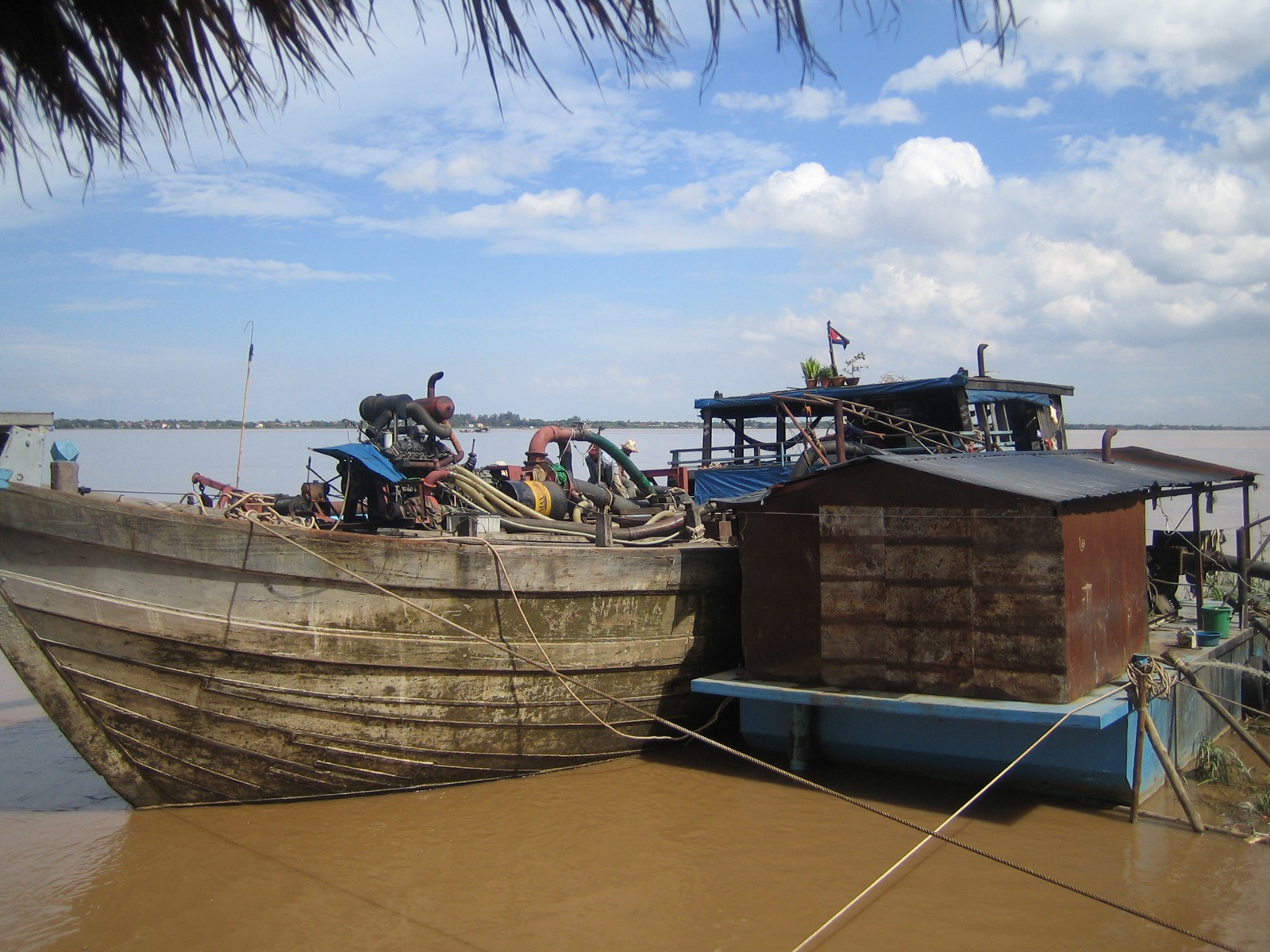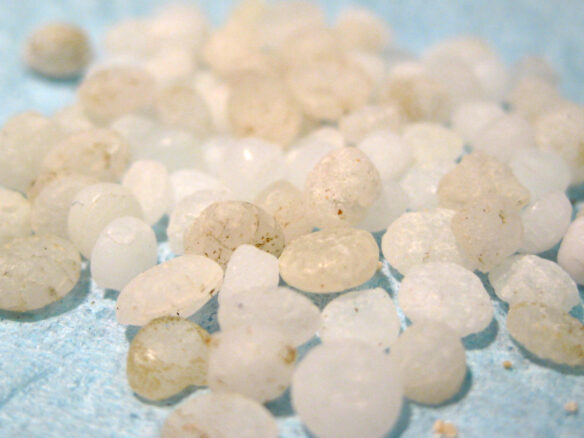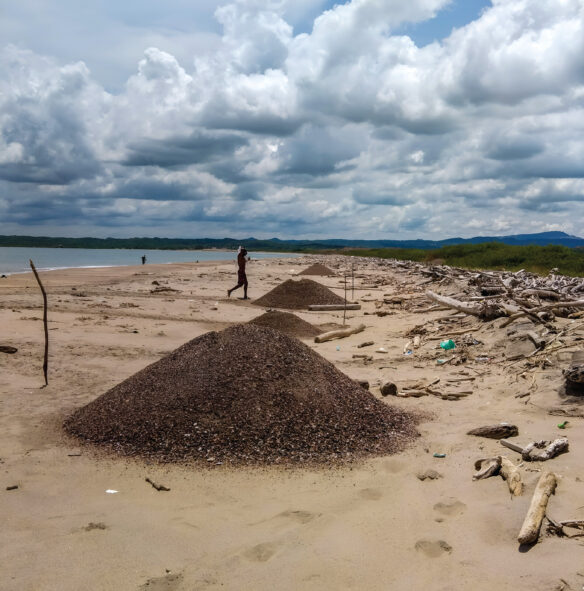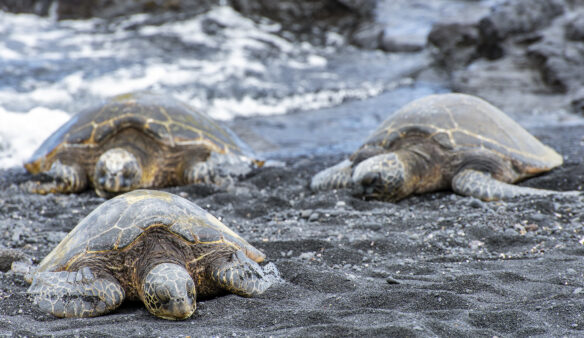Excerpt:
The rise in sand demand endangers the lives of children, laborers, journalists and environmental defenders.
In parts of the globe, where sand is extracted, criminal gangs and sand mafias control the multi-billion dollar trade, spawning violence in land-rich, developing nations. On their trail are hundreds of people — miners, journalists and environmental defenders — reported to have been killed, imprisoned or threatened.
The problem has become so serious that in 2014, the United Nations Environment Program (UNEP) published a study calling attention to how the issue had been mostly ignored by policymakers despite the modern world’s increasing dependence on sand. Nearly a decade later, the same stories emerge: The highly lucrative and low-risk business of sand mining continues to drive and perpetuate violence, cause loss of revenue and various forms of abuse within a vast multinational trade.
In fact, in a 2021 study titled “Illegal sand extraction: revenue in Brazil and in the world,” federal police specialist Luis Fernando Ramon estimates the value of illegal sand extraction to be between $199 billion and $350 billion each year. These figures are on par with the value of other global crimes monitored by the Global Financial Integrity, such as drug and human trafficking, illegal wildlife trade and illegal fishing, to name a few…
In Nepal and the Philippines, threats stalk journalists reporting on illegal sand mining and environmental activists leading protests against the activity…
Journalists covering illegal sand mining in Nepal have also been under threat. Kathmandu-based Freedom Forum have documented cases of either sand smugglers or officials manhandling, defaming, and restricting access to journalists covering the issue…
In Aparri town, in the Philippines’ Cagayan province, Mark Saludes, a reporting fellow of the nonprofit Philippine Center for Investigative Journalism, and Sheena Katrina Orihuelam, an advocacy officer with the faith-based organization Laudato Si’ Philippines, were reportedly harassed by a group of armed men in April 2022, when they were covering a protest of fisherfolk and church members against alleged black sand-mining operations in the area…
In Mannar, a town in Sri Lanka, Australian mining company Titanium Sands Ltd and its local subsidiaries have been going in and out of private lands digging holes to get samples as they plan to mine ilmenite sand, a key substance in producing titanium, a globally sought-after material…
In Vietnam, sand demand for construction in the Mekong Delta and Ho Chi Minh City alone is estimated to be at 3 million cubic meters per month. However, the amount of sand with legitimate invoices makes up only 10% to 20% of this estimate. This means that the remaining sand is sold illegally…









